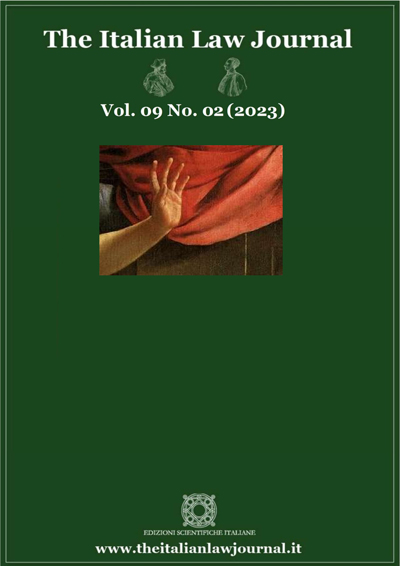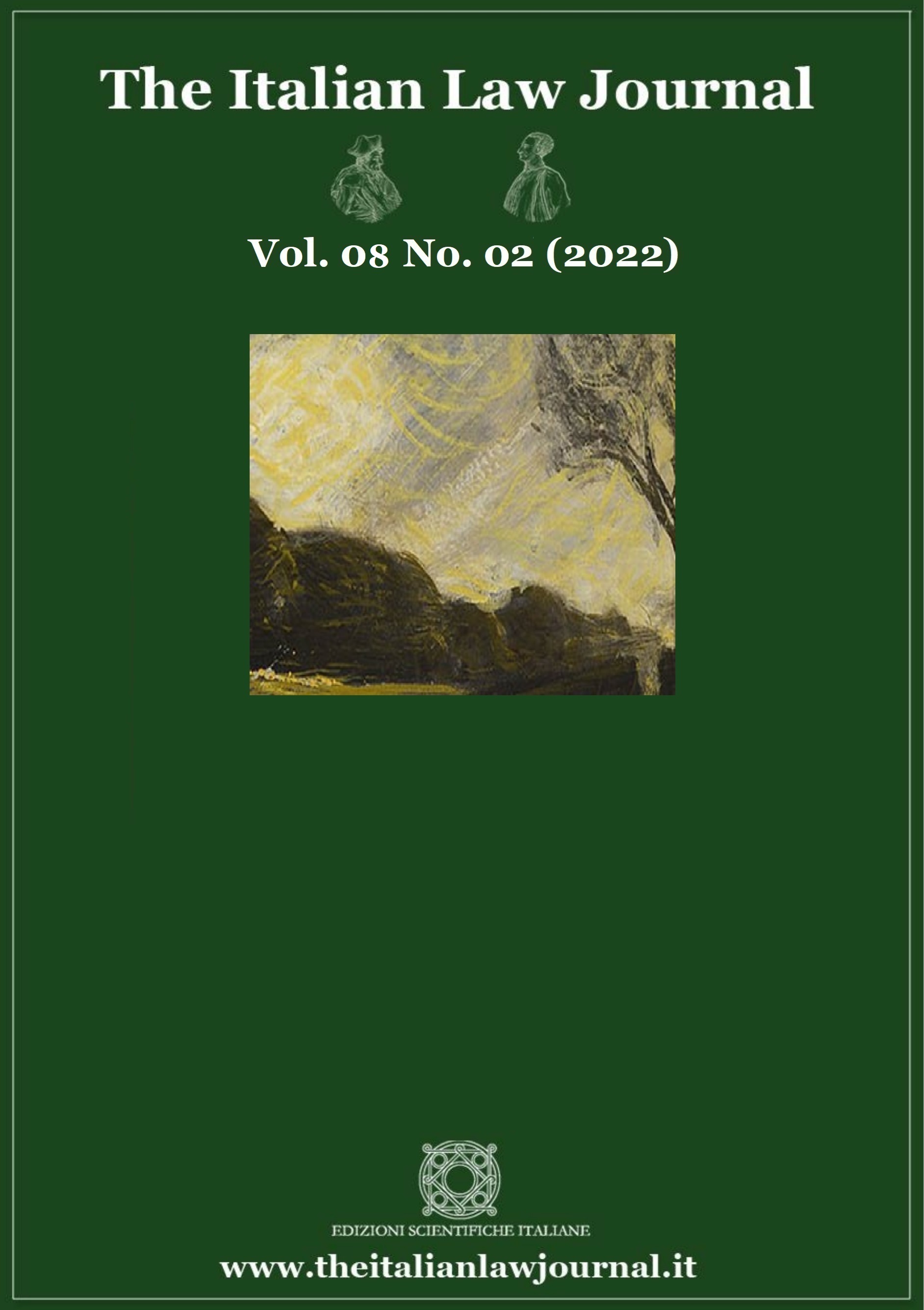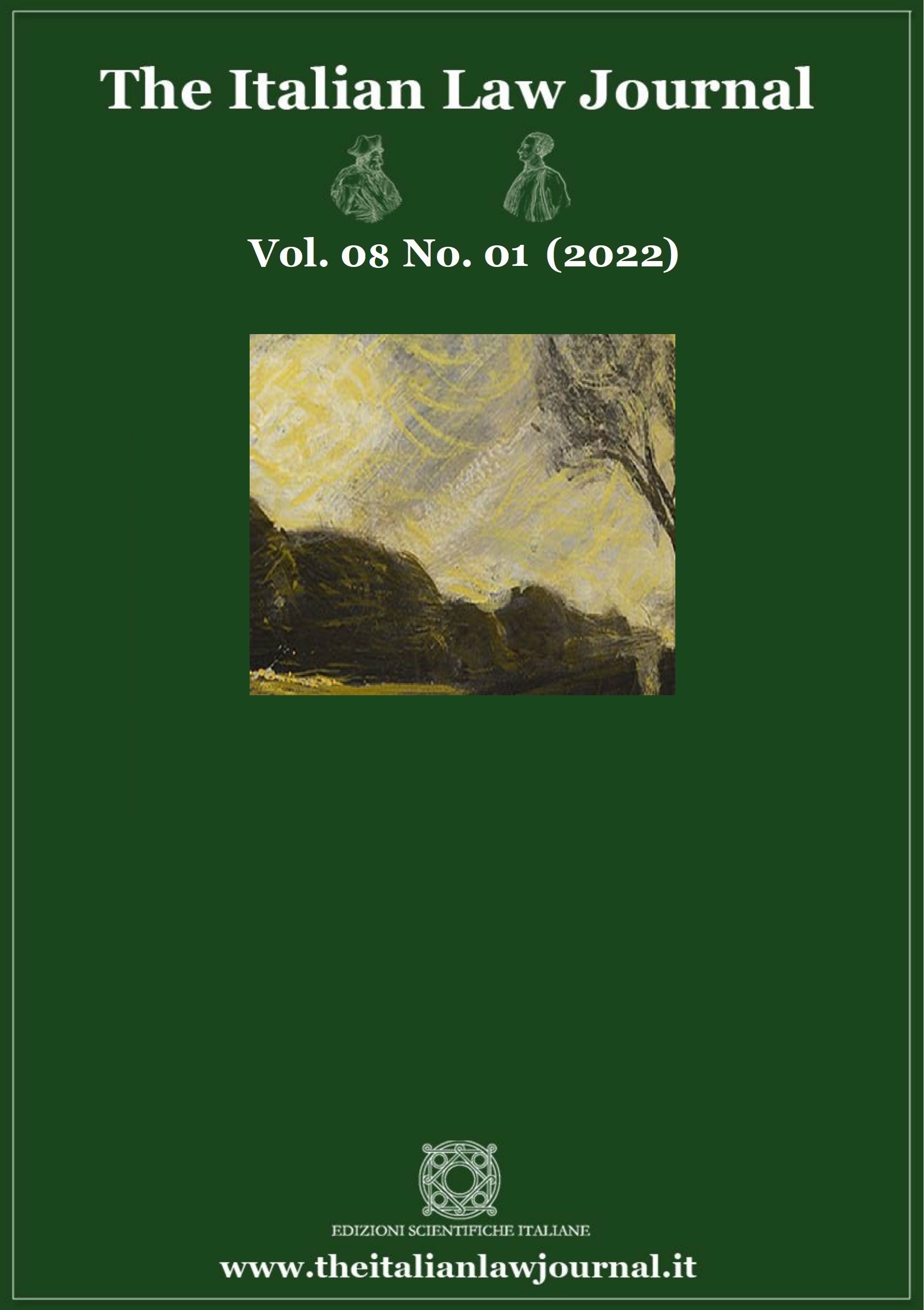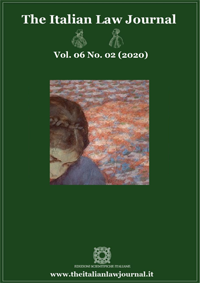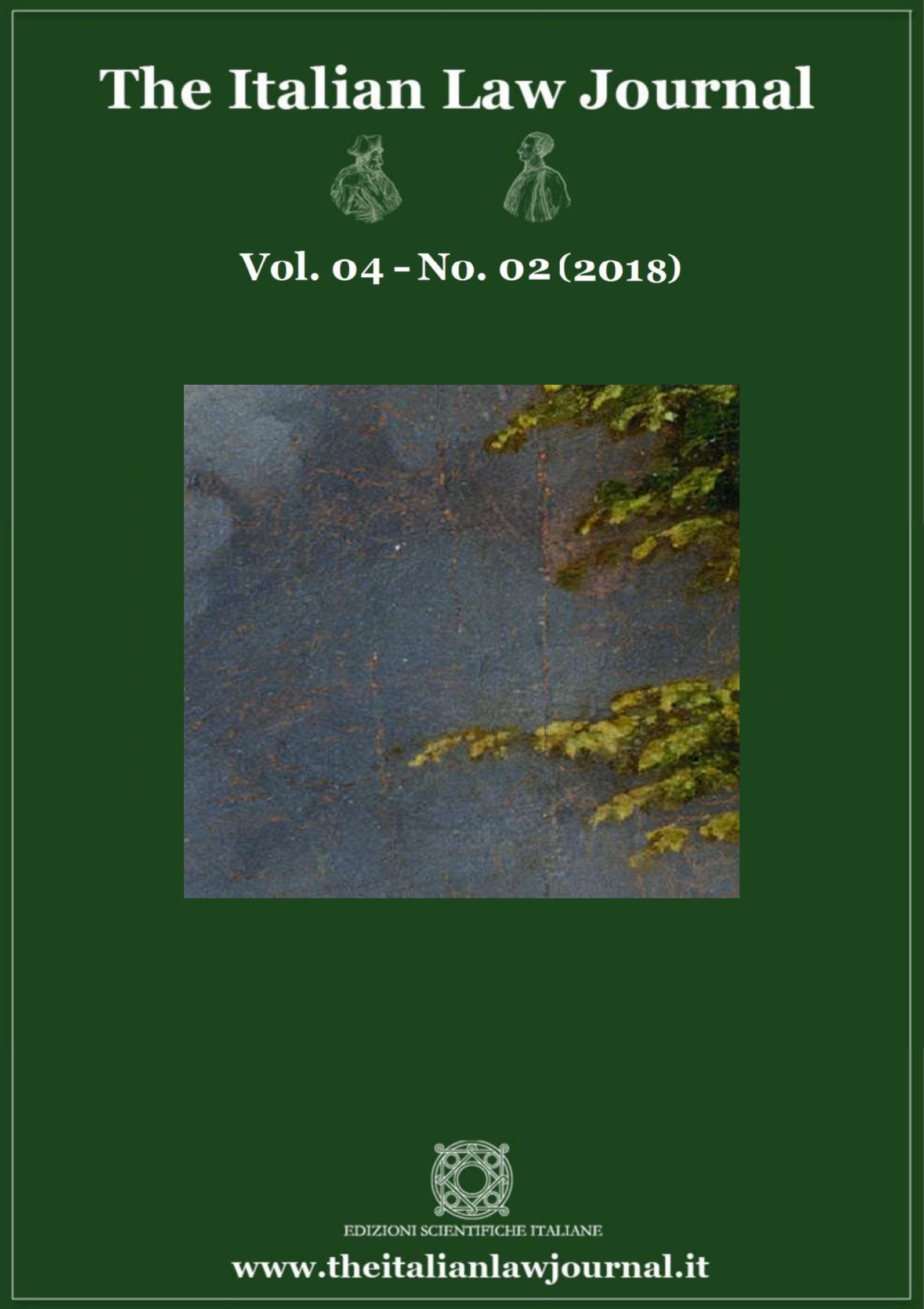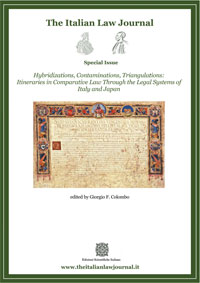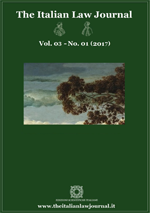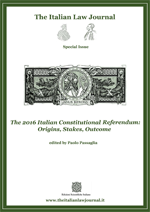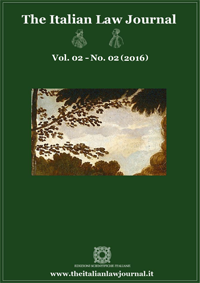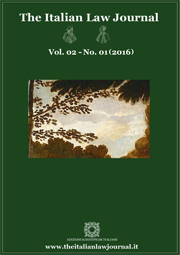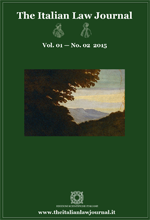8 THE ITALIAN LAW JOURNAL NO. 1 (2022)
The Future of European Environmental Policy in Appreciation of German Federal Constitutional Jurisprudence
by Antonio Felice Uricchio The European Green Deal introduced by the European Commission represents the kick-off of a new environmental and climate protection policy. Environmental safeguards and sustainability seem be the leitmotif of European politics in the future. Ambitious goals are prompting a profound ecological transformation. Nevertheless, many of the challenges raised in recent years still persist. Above all, existing European environmental law is often insufficiently implemented by the Member State level. Environmental and climate protection is also not adequately integrated into other policy areas, such as agricultural and transport policy. The ecological turnaround seem step up to the place and further develop elements of the previous reform discussion. A CO2 border compensation system for selected sectors is going to be proposed in order to reduce the risk of relocation of economic activities and emissions abroad (carbon leaks). The commitments made both worldwide and within the European Union (EU) to reduce greenhouse gas emissions make a structural change towards a climate-neutral economic situation in Germany inevitable. In recent years, numerous political initiatives have therefore been presented the aim to accelerate this transformation. With the goal of climate neutrality in 2050, the close connection between climate policy and the competitive position of German industry has come into particular focus. With a view to the climate lawsuits pending before the BVerfG and based on the proposal for a European fundamental right to environmental protection, which the writer Ferdinand von Schirach has recently introduced into the debate, the article examines the legal opportunities, but also the limits, that German and European fundamental rights can play in the context of climate policy. As a result, the contribution pleads for a fundamental right to environmental protection, to be characterised as enforceable from a procedural point of view. Ultimately, with a view to planetary boundaries (in climate protection: 1.5-2 degree target), the contribution hints at the recognition of a fundamental right to the minimum ecological subsistence, and even a possible right on having a future. DOI 10.23815/2421-2156.ITALJ ISSN 2421-2156








